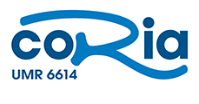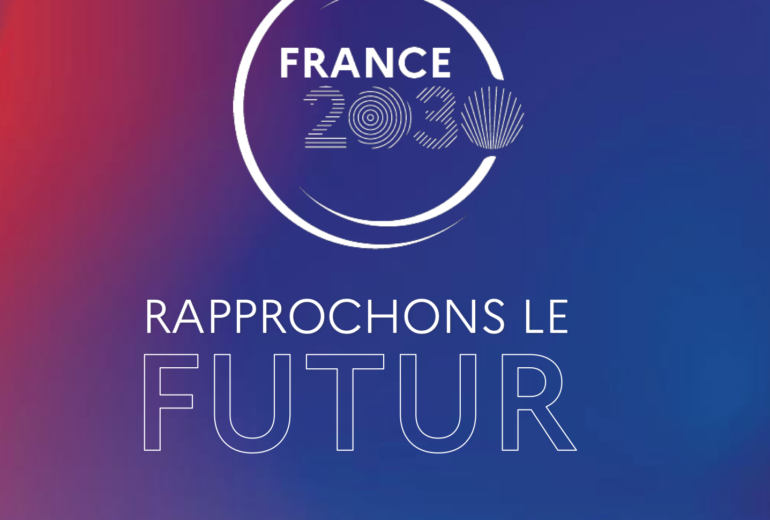The France 2030 investment plan, presented by French President Emmanuel Macron on October 12, 2021, has a twofold ambition: to transform key sectors of the French economy – energy, automotive, aeronautics and space – through technological innovation, and to position France as a leader in the world of tomorrow.
The nuclear component of France 2030 has a total budget of €1.170 billion. Through a dedicated call for projects, it includes support for innovation, with a view to optimizing radioactive waste management and continuing work on alternatives to deep geological disposal for the most radioactive waste.
The project aims to demonstrate the feasibility of a pulsed laser process for decontaminating tritiated parts and dust. « Tritium is a radioactive form of hydrogen, » explains Arnaud Bultel, lecturer in physics at the University of Rouen Normandy and a member of CORIA. « It is produced in nuclear installations in significant proportions that will increase when the ITER project and the new power reactors will be operational. Its containment is difficult because it is very light. It easily contaminates metal parts and can be dispersed by the dust produced during machining or cutting of these parts. The objective of the awarded project is to demonstrate the feasibility of an innovative process based on the use of pulsed laser sources to decontaminate large parts or dust.
The teacher-researcher is proud to say that URN is the only university to be awarded a prize in this call for projects. « In the CORIA laboratory, we have developed unique expertise through the Reactive Flows Department – Plasma Research Group, which works on laser-matter interaction in a nuclear environment and on measuring the concentration and understanding the behavior of tritium in metallic materials, » continues Arnaud Bultel.
Thanks to government funding, the total amount allocated to the project is €1,900,000, divided between the University of Rouen-Normandy for €1,100,000 and the CEA (Commissariat à l’énergie atomique et aux énergies alternatives), a partner of the University of Rouen-Normandy, for €800,000.






